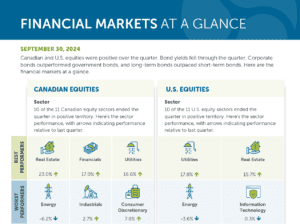Stressed Workers Could Use a Little Professional Advice on Retirement Saving: Schwab

What You Need to Know
Just 47% of respondents in a recent Schwab survey said they were very likely to reach their retirement savings goal.
Many workers say they cannot easily access advice through their workplace plan or think it will be limited in scope.
Workers said they wanted professional help with how to invest in their 401(k)s and how much to save.
401(k) plan participants in a new survey from Schwab Retirement Plan Services estimated that they will need to save an average of $1.7 million for retirement, with 47% saying they are very likely to reach their savings goal.
However, 40% said they were only somewhat likely to meet their goal, and 13% said that was unlikely to happen.
Forty-five percent of plan participants said inflation was the chief obstacle to saving for a comfortable retirement, ranking it well ahead of keeping up with monthly expenses, stock market volatility and unexpected expenses.
Need for Advice
Sixty percent of respondents said their financial situation warrants professional advice. More than half said that with advice, they would feel very confident making 401(k) investment decisions, compared with just 38% who expressed confidence in their own 401(k) investment decisions.
Plan participants expect the 401(k) to be their primary financial resource in retirement, providing 37% of income, with Social Security providing 17%.
These are the main areas plan participants said they wanted professional help:
How to invest their 401(k) account: 43%
Calculating how much money to save for retirement: 42%
Creating an income stream in retirement: 38%
Determining at what age they can afford to retire: 36%
Anticipating taxes in retirement: 32%
But many workers said they cannot easily access advice through their workplace plan. Some are simply unaware that advice is available, while others cite cost, advice limitation and confidentiality concerns.
“Workers are facing an array of economic challenges that are driving their demand for financial advice, Catherine Golladay, head of Schwab Workplace Financial Services, said in a statement. “Employers can help by debunking misconceptions about financial advice available through the workplace.”
Golladay noted that many employers offer different levels of advice at no additional cost or low cost.




